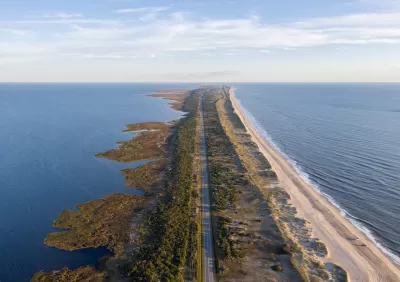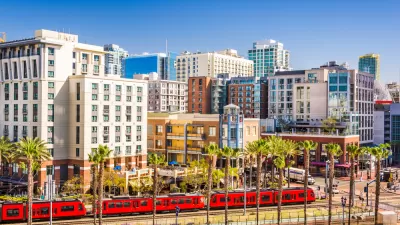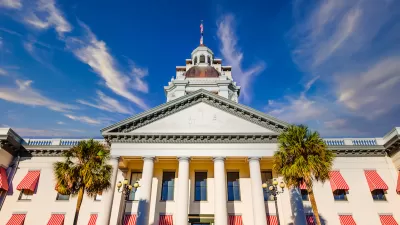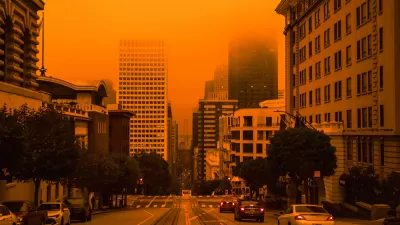Cities in the South are facing a multitude of climate change impacts, but many have been slow to respond to the growing threats.

James Bruggers writes about a collaborative effort between InsideClimate News and newsrooms in seven Southeastern states called Caught Off Guard, a series which looks at climate change and the challenges this part of the country is facing. "The region lags behind others in renewable electricity and faces some of the biggest global warming threats in the nation."
Charleston, South Carolina, for example, is preparing for the effects of climate change, but decreasing emissions has not been a priority. "Charleston Mayor John Tecklenburg two years ago pledged to cut his city’s carbon dioxide emissions 80 percent by 2050. But the city government has no solar panels on its buildings, no city vehicles that run on electric power or cleaner fuels, and it still hasn’t pushed its electric utility, Dominion Energy, to supply more renewable electricity," says Bruggers.
Bruggers describes the varying commitments different cities have made to address climate change. Some cities, however, have been hampered by utility companies affiliated with the coal industry or state legislatures not willing to cooperate.
In other cases, cities have resisted taking any action at all, notes Bruggers. "In Savannah, Georgia, no one was routinely counting greenhouse gas emissions from the nation’s fourth busiest seaport. The Port of Savannah has no emission reduction goals because, officials said, it is not required."
FULL STORY: Caught Off Guard: South struggles with climate change

Planetizen Federal Action Tracker
A weekly monitor of how Trump’s orders and actions are impacting planners and planning in America.

Congressman Proposes Bill to Rename DC Metro “Trump Train”
The Make Autorail Great Again Act would withhold federal funding to the system until the Washington Metropolitan Area Transit Authority (WMATA), rebrands as the Washington Metropolitan Authority for Greater Access (WMAGA).

DARTSpace Platform Streamlines Dallas TOD Application Process
The Dallas transit agency hopes a shorter permitting timeline will boost transit-oriented development around rail stations.

Parks: Essential Community Infrastructure — and a Smart Investment
Even during times of budget constraint, continued investment in parks is critical, as they provide proven benefits to public health, safety, climate resilience, and community well-being — particularly for under-resourced communities.

Porches, Pets, and the People We Grow Old With
Neighborhood connections and animal companions matter to aging with dignity, and how we build can support them. Here’s a human-scale proposal for aging in place.

Single-Stair Design Contest Envisions Human-Scale Buildings
Single-stair building construction is having a resurgence in the United States, where, for the last several decades, zoning codes have required more than one staircase in multi-story housing developments.
Urban Design for Planners 1: Software Tools
This six-course series explores essential urban design concepts using open source software and equips planners with the tools they need to participate fully in the urban design process.
Planning for Universal Design
Learn the tools for implementing Universal Design in planning regulations.
City of Charlotte
Municipality of Princeton
City of Camden Redevelopment Agency
City of Astoria
Transportation Research & Education Center (TREC) at Portland State University
US High Speed Rail Association
City of Camden Redevelopment Agency
Municipality of Princeton (NJ)





























